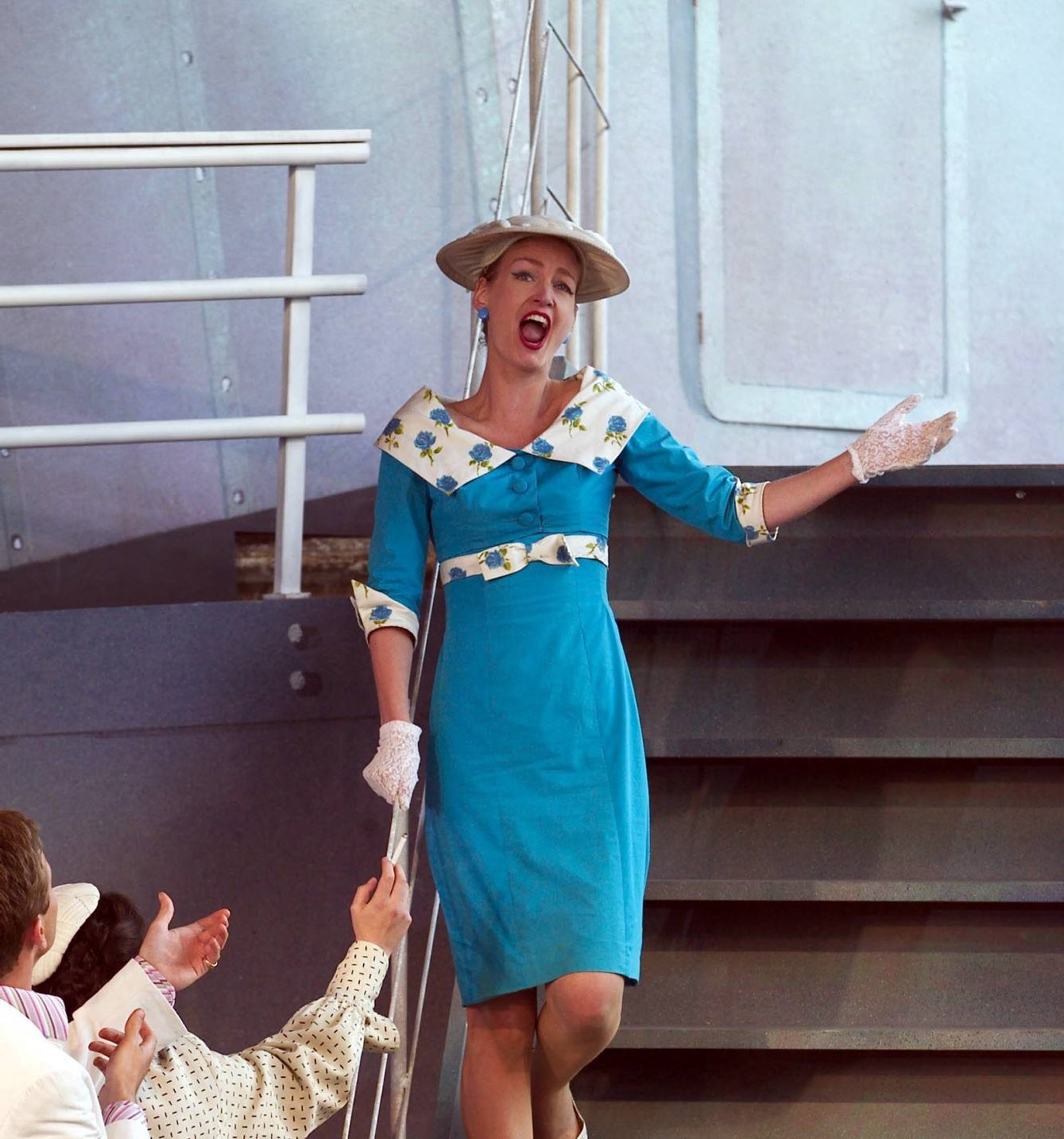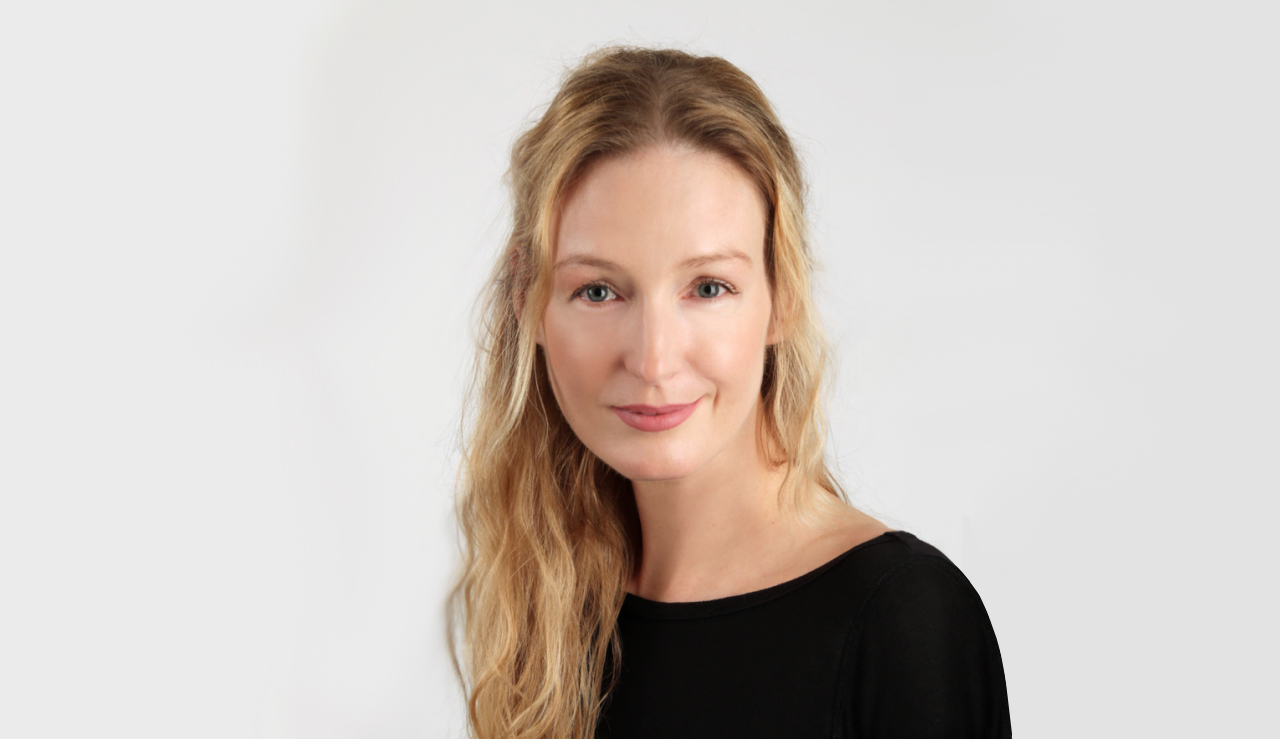They say that opera is the art of emotion. It is a complete art form that joins music, singing, drama, poetry and sometimes dance. You have to listen to classical music. Have you ever attended an opera?
Did you know that there is a big opera festival in Montenegro every summer called the Operosa Montenegro Opera Festival? Either way, stay with us to hear more about this amazing art form, from the founder and artistic director of Operosa and opera singer Katherine Haataja.
#mnetoday: Dear Katherine, it’s an amazing pleasure to discuss Opera and Operosa with you. You were an opera singer and now you’re in Opera production; have you always known that you wanted to be a singer or did that passion develop over time and what made you choose opera instead of another musical direction?
KH: I have always been interested in opera and when I attended a high school of music I was able to explore all the different genres of local music, classical, opera, rock and roll, jazz, everything. And it was really those years of high school, before deciding what to study at university, that made it clear to me that opera was something that I absolutely loved.
#mnetoday: Are there any differences between opera singers and pop singers?
KH: The microphone. I can’t think of anything else at the moment, I’m sure there are many; just the microphone.
#mnetoday: Do you have any favorite opera singers?
KH: Yes, Swedish mezzo-soprano, Anne Sofie von Otter
#mnetoday: What have been your three most important turning points in life?
KH: I was about 14 or 15 when I discovered Mozart and that was my very first turning point, the second is my family, and the third is not a happy event but it has affected my life on many levels and that is cancer.
#mnetoday: If you were on an island and you could bring only 3 things, what 3 things would you bring?
KH: I would bring the full score of Don Giovanni; then I would bring an excellent version of an encyclopedia and then lastly I guess I would bring sunscreen.
#mnetoday: If you were 80 years old, what advice would you give your children?
KH: I would say: “Don’t waste time procrastinating, you have to dare to do!”
#mnetoday: What does opera mean to you?
KH: I am an opera singer and it’s intoxicating. I couldn’t imagine living without it. It’s like a drug. It’s like a secret love affair. You’re living somebody else’s life which is very exciting, it’s like a secret lover that you have every time you’re involved in a new production. Opera for me in general is alive and a fantastically dynamic means of communication and it has extra-ordinary complexity and ease at the same time and by that I mean that although opera is complex in its form it is something that easily communicates to people. Today we have such incredible means at our disposal which makes it very easy to find new ways of communicating the different messages in opera to new audiences and especially new audiences in the future. Opera is very much alive today and that is what I feel passionately about and that really is the core meaning of it to me.

DIE SCHWEIGSAME FRAU by Richard Strauss
Garsington Opera 2003
KATHERINE HAATAJA as Carlotta
#mnetoday: Where did the idea of creating Operosa originate from and in what direction are you taking it?
KH: The very first idea of Operosa came when I was invited to sing at the Sofia National Opera. There were quite a few young singers working together with more experienced generation opera artists. I explored this more and found that it was definitely worthwhile looking into creating a form of organization that solely promotes young talent. When Operosa was founded, another core mission was to make more young people understand opera. The young singers can easily bring new vibes to traditional opera. Operosa then developed and grew even more in that direction. Since 10 years of Operosa existence we developed an incredible network of connections internationally and every time it just strikes me how all the opera houses, everywhere in the world, have the same core message; they want to respect the old but at the same time they want to refresh. This is our main goal, the focus of Operosa.
#mnetoday: Today we have the Operosa Montenegro Opera Festival which is a large and unique Opera Festival that takes place in Montenegro and lasts for 5 days. How did people react to the festival last year?
KH: Last year we did La Cenerentola, a Cinderella opera by G Rossini. We had artists from all over the world – really a fantastic spread of artists and we saw the young artists, not just singers, but the orchestra, the choir, the stage managers, the designers, everybody, coming together and working like that in Montenegro. Montenegro is a stunningly beautiful place and does not have a national opera and so I believe that Operosa has a special place in Montenegro and the festival takes place in the beautiful open air Amphitheatre, the Kanli Kula Fortress and all the ingredients just melt into this wonderful experience. Once again a young country, young artists, producing opera performances, classical music performances with a dynamic vibe and I think that all that just makes it a perfect package for Montenegro.
#mnetoday: Apart from the Operosa Montenegro Opera Festival you also have the Operosa Academia which is an educational project and is one of many projects you’re developing for a young audience. How far have you come with Operosa Academia since you started?
KH: Operosa Academia has developed tremendously and we are still developing it. We can still see many paths that have been unexplored. We started out with just master classes and workshops which in themselves are already excellent ways of developing the skills of singers and artists but since then we have become recognized internationally and gained collaboration, schemes and programs with organization such as ENOA. ENOA is the European network of opera and this is something that we can develop even further and through these networks we keep finding new companies and new organizations that want to collaborate with us. Another aspect of development we want to implement is accreditation programs and this something we want to take the lead on. Yes, Opera Academia is blossoming.
[quote]You may be lucky and be hired by a opera house or you may be equally unlucky and be fired very quickly if you turn up unprepared and if in general you are not easy to work with.[/quote]
#mnetoday: Can People join Academia and attend workshops and classes and be introduced to international people and work with them and gain experience and later on show their talent in the Operosa Montenegro Festival?
KH: Sometimes that can happen. It really depends. I think that participating in the Operosa Academia Activities is a two-way experience. Firstly, the artists get to work with fantastic artistic directors but above all they receive training. This training makes them more accomplished artists; they learn skills and then this skill is recognized by Operosa and the artistic directors and in many cases has then led to a position in the Operosa Festival activities or in the performances during summer. Yes, there is a link.
#mnetoday: What is the next opera performance that Operosa will be introducing?
KH: This year we’ll be performing a Russian opera. Russian opera is something that we have thought about on many occasions. Our music director, Eraldo Salmieri has been with Operosa since the very beginning and was part of our very first opera performance, production and festival in 2007. I met him while I was working as a singer. He and I have been discussing the Russian Opera for many years now. The problem with Russian opera is that it is really grand opera; you need a big orchestra, a big chorus, big voices, everything is oversized when it comes to Russian opera. And the Kanli Kula stage has limitations. The orchestra has to be on the stage and size wise that limits what we can do there, which is a disadvantage but also an advantage, because then we select pieces that are actually very user-friendly to younger voices. This year’s production, the Russian opera, Iolanta, by Tchaikovsky has been completely re-orchestrated for a chamber orchestra and that is very exciting. We are working with someone on this and discussing all the different aspects of the instrumentation and certain cuts that have to be made. We have an international team, we have an English stage director, Ashley Dean who will be directing it and of course Maestro Salmieri will be conducting it and then we have various designers. We also have for the first time in the artistic director’s team a Serbian artist, Ilija Višnjić, who is going to be doing costume design for us. We are looking forward to having him join this international team. We also feel that Russian opera is going to be well-received in Montenegro because there are a lot of Russian people with connections in Montenegro.
#mnetoday: This year we expect a lot from Operosa because last year we saw that the whole Kanli Kula was transformed into a Cinderella fairytale so we expect a lot from this Russian opera, Iolanta. I believe that a lot of people want to apply to be part of your project, to be part of the Opera Iolanta Premiere in Montenegro. How would they go about it?
KH: There has already been an open-call to apply. We are also on social media so you can find out more there. Anybody who is interested should just send their CV and any additional material that they feel will make their application more interesting and after that we’ll invite them to either come to an audition or to have a meeting, if it’s about design, to look at their portfolio and then we move on from there.
#mnetoday: Great, so any interested people can apply with their CV and any additional material to info@operosa.org and they will respond as soon as possible.
#mnetoday: So Katherine, we heard that last year you introduced a very interesting program called Young@Opera. Can you tell us a bit about that?
KH: Young@Opera is our campaign to attract a new and a younger audience to opera. We want to encourage families with children to bring their children to the performances and we want to encourage young people to take the initiative and come to the performances. The Young@Opera campaign that we initiated last year allows anyone under the age of 18 free entrance to selected performances.
#mnetoday: What training is required to perform opera at a professional level? At what age should someone start learning to sing opera?
KH: Voices are all different and they develop at different stages. There isn’t one answer that will fit everyone. The one thing I would say is that you have to get into the discipline of making music because you have to be very disciplined to make music and you should do that as soon as possible. So if your parents have supported you in this, then playing an instrument is a fantastic way of getting into the habit of being disciplined. But if you are starting out and you’ve created your own discipline as a singer then I would say that by the time you’re 17, 18 or 19 you can already be rehearsing and practicing and getting into this discipline.
#mnetoday: Is opera competitive?
KH: Of course, it is very competitive. You need to take care of your health. You have to be sure that you have your pitch ready and that you’re able to perform at very short notice. So you always have to take care of yourself and be in top condition.
#mnetoday: Does the best voice usually win or are there other factors?
KH: The best voice often wins but there are many other aspects that play a role, like how easy you are to work with. This is a very important aspect that young singers don’t always understand. There has to be a certain humility. Companies like to work with people that are easy and good to work with. You need to be reliable and to know your stuff. That is incredibly important. You may be lucky and be hired by a house or you may be equally unlucky and be fired very quickly if you turn up unprepared and if in general you are not easy to work with. So that is the other factor and a very important part of it.
#mnetoday: Opera singers have to care for their voices. Are there any secrets to keeping their voices in good shape, or any beverages that they should drink?
KH: Anything in excess is bad except for water. You need to stay hydrated. Singing is a very dehydrating business especially when you are in a production and actively working on something. Then you do need a lot of water and hydrating drinks. That’s it.
#mnetoday: Lastly, what makes you happy?
KH: My family and Mozart.
#mnetoday: Thank you very much Katherine.
*- you can listen to live record of this interview on iTunes. (or sound cloud >>)


